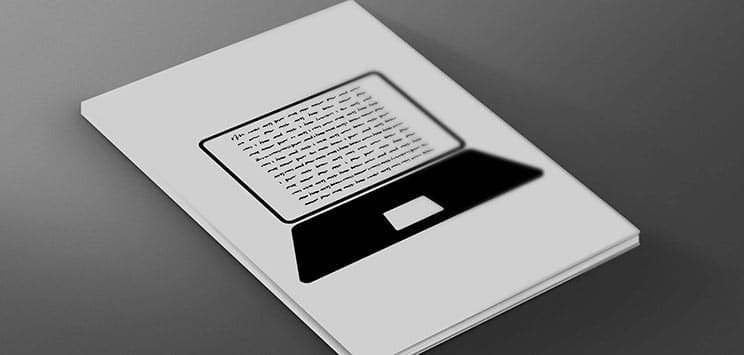How web writing differs
Writing for the web is different to writing for printed documents few reasons:
- People skim-read web pages, so good use of subheadings and lists is essential for getting your message across.
- Search engines will deliver people to the page that most closely matches their query, not necessarily your homepage. People can start reading at any page on your site, so you can’t assume they have read any other pages.
- Sometimes people arrive at your site after following a link they’ve seen elsewhere. Their expectations of your site will be defined by the text of that link, and any surrounding commentary. This is usually outside of your control.
- People can take any path through your content, following links to explore other sections at any time. You can provide links to background information, so you don’t need to clog the story up with excessive detail.
To account for all this, make sure that people can easily work out where they are in your content. To a certain extent, this is a function of how the site and its navigation are designed, but you need to consider it in your content, too. You can’t assume that people are reading every word from page one. If you do, you’ll confuse visitors, and they’ll abandon your site.
Use strong headlines and subheadings to help readers understand the purpose of each chunk of content, and how it relates to the rest of the page.
Don’t try to railroad readers into following a linear path through your content. Use links to help people find related content that provides additional context. For example, don’t tell people all sales are subject to shipping fees and then expect them to hunt for that information. Link it. If you mention other products, then add links to them too. If you give people different paths through you site, they’re more likely to spend time exploring it.
You can put a link anywhere in a sentence, and readers will understand it’s a path they could take, or they could ignore it. Make sure your link text is descriptive so that people know what they’re likely to find if they click it.
8 top web writing tips
- Keep web pages reasonably short. Focus on one topic on each page. It’s easier to navigate a series of short pages that include clear links between them, than a rambling essay that fills five screenfuls.
- Put readers first. Don’t bang on about how great you are. Tell readers how they benefit, and make sure you are telling them what they want to know from the very first sentence. Reflect their interests in the headline.
- Use a strong headline. Headlines with verbs (action words) are more compelling. Compare “Pink Floyd releases new album” with “New Pink Floyd album”.
- Create a lively pace. Start a new paragraph for each new idea, and keep paragraphs short. Vary the length of sentences but don’t let any go on for too long.
- Be consistent. Format dates and abbreviations consistently, and, where different spellings are possible, pick one and stick with it.
- Be specific. Avoid hype like “award winning” and just say what you’ve won. Replace “affordable” with the price.
- Don’t show off. New writers feel that they have to put on a writerly voice, and end up driving away readers. Keep sentences simple, prefer shorter words, and avoid jargon. If you must use technical terms, define them as you go.
- Edit vigorously. Make every word add meaning. Delete words like “actually”, “indeed”, “really”, and “currently”. Look out for phrases that have shorter alternatives. Replace “despite the fact that” with “although”, for example. Avoid the passive voice: don’t say “the mat was sat on by the cat”; do say “the cat sat on the mat”.


